Over 100 participants from across the University of Cincinnati and Cincinnati community organizations attended the April 4th Virtual Meeting on Social Determinants of Health hosted by the Center for Clinical and Translational Science and Training’s Center for Improvement Science (CIS).
Participants convened via WebEx from both the University of Cincinnati and Cincinnati community organizations.
University of Cincinnati attendees were present from:
College of Allied Health Sciences
College of Arts and Sciences
College of Education, Criminal Justice, and Human Services
College of Medicine
College of Nursing
Institute for Policy Research
Cincinnati community organization attendees were present from:
All Children Thrive Learning Network at the Cincinnati Children’s Hospital Medical Center (CCHMC)
Bethany House Services
Community Action Agency
Council on Aging
Health Collaborative
Kroger
Mercy Health
Planned Parenthood of Southwest Ohio
Progressive Health Care Systems
Tri-Health
United Way of Greater Cincinnati
Xavier University
The two-hour session included five short presentations outlining current initiatives being undertaken by UC, CCHMC and other community organizations in the field of social determinants of health. Presentations were given by:
United Way of Greater Cincinnati
UC College of Nursing
All Children Thrive Learning Network at CCHMC
UC College of Medicine Department of Family and Community Medicine
Health Collaborative
The session also included a general discussion about potential collaborations and next steps. The CIS team committed to creating a repository of resources from this, and future sessions, and is organizing follow-up meetings to help newly established groups build collaborations and move forward on research, educational, service and care, and product development initiatives.
The goal of these virtual events is to create communication and collaboration networks to support broad-based initiatives, support faculty and investigators, and to support the missions of the organizational participants. The session presentations can be viewed on the CIS website.
The CIS will be assessing the value and impact of collaboration building initiatives on the creation and effectiveness of social/professional networks, the development of collaborative projects, grants, and educational programs, and the overall productivity of individuals and organizations.
For more information about the CIS, contact Jack Kues or Laura Hildreth.


